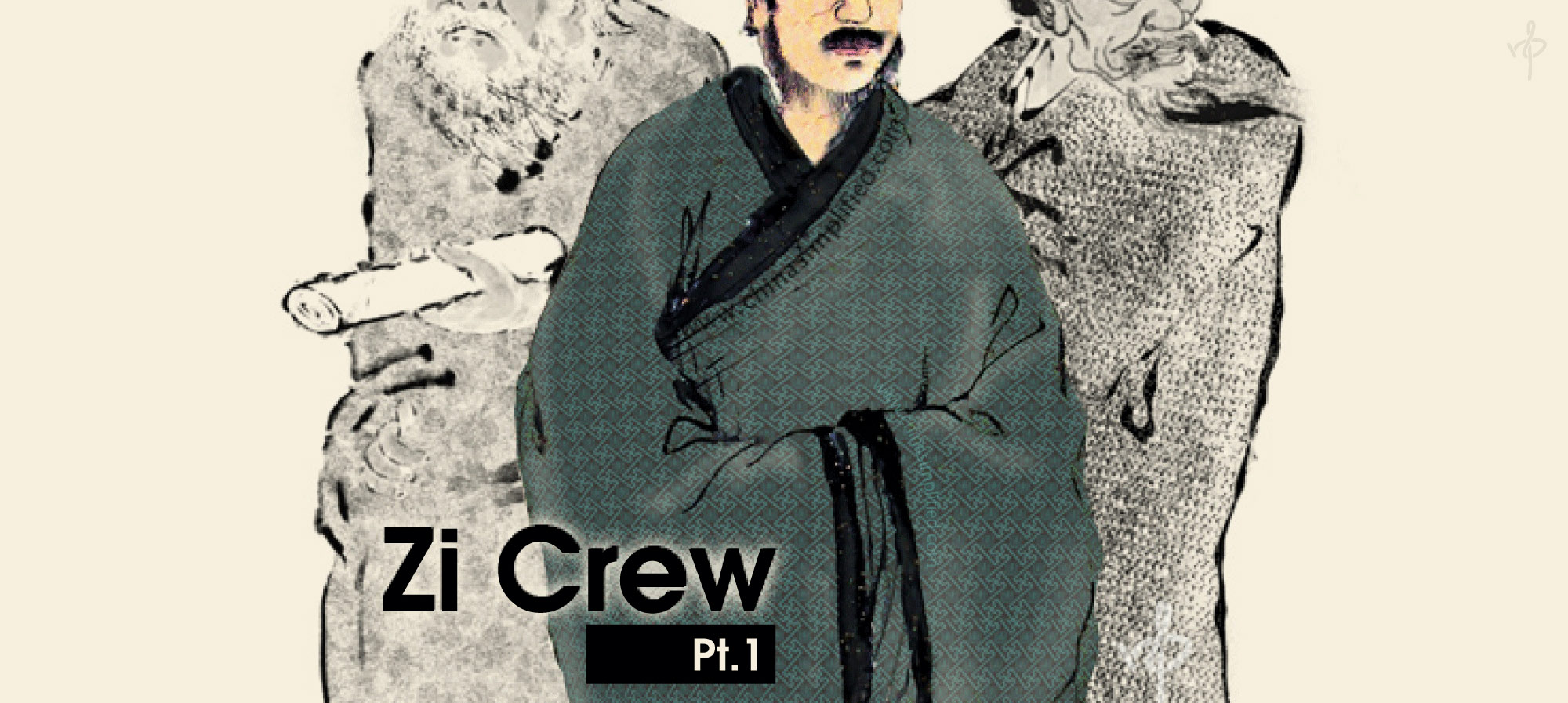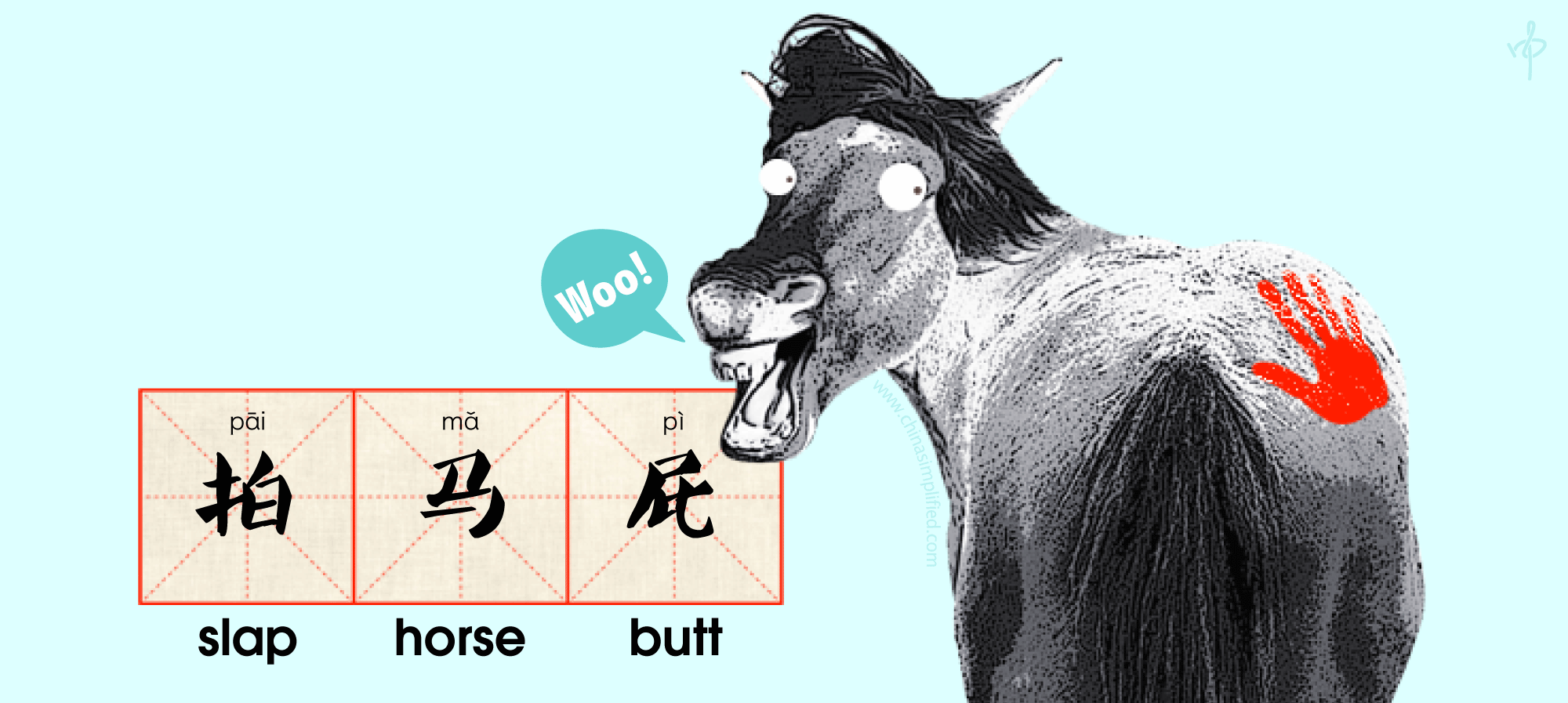The Zi Crew: Philosophers who blew everyone’s mind
Kongzi, Laozi, Mozi, Mengzi, Zhuangzi, Xunzi and Han Feizi. Smart guys for hire. Let’s call them the “Zi Crew.”
These deep thinkers – the zi character in their names means “master” – were among the earliest incubators of a smart virus that circled the globe to inspire the likes of Thales and Pythagoras in Greece, Zarathustra in Persia, and the Seven Rishis in Vedic India. Each set out in different times and places to explore some of life’s most important existential questions.
“Real knowledge is to know the extent of one’s ignorance.”
– Confucius
China’s Zi Crew personified the Hundred Schools of Thought (诸子百家, zhūzǐ bǎijiā) era of fertile intellectual expansion. For more than three centuries, as the celebrated Zhou Dynasty and its Spring & Autumn period (770-476BC) deteriorated into the unrelenting violence of the Warring States period (475-221BC), these philosopher-scholars challenged assumptions and advised feudal lords on how to instill deep loyalty within their court and peaceful order among the masses.
Ordering the Chaos
Confucius (551-479BC), whom everyone in China calls Kǒngzǐ (孔子) meaning “Master Kong,” is the first of our Zi Crew. This idealist yearned for a return to the golden age of benevolent sage-kings, who ruled by divine mandate and observed sacred rituals. Confucius believed coercive regulations were unnecessary; sage-kings could transform society without laws, purely by means of charismatic virtue.
Confucius grew up without a father, was raised by his mother, married early, had a son, then left home and ascended in class to become an advisor to heads of state. His teachings were less about reasoned arguments, like Socrates and the Greeks, and more about how to take proper action to become a person of noble character. As a conduit for Zhou era wisdom, Confucius shared this refined knowledge to benefit others.
Confucius emphasized the importance of four relationships – ruler and minister, father and son, elder and younger brother, husband and wife – in which the former was expected to protect the latter, and the latter to remain obedient to the former. Bear in mind, this was an age with no legal judiciary where might meant right, and Confucius longed for a peaceful, well-governed land.
Confucianism has been called a religion of common sense, but it’s not a religion at all, at least not in a Western sense. It is a stable ordering of society in which people are not equal, yet everyone, especially the ruler, is expected to fulfill their respective roles to the highest standards. The master’s values live on today. Even the U.S. Army’s slogan, “Be all that you can be,” echoes Confucius. He was anti-war, however, and counseled an early version of the Golden Rule: “What you do not wish for yourself, do not impose on others.”
Our favorite Confucius quotes:
“Do not be concerned that no one has heard of you, but rather strive to become a person worthy of being known.”
“Those who possess Virtue will inevitably have something to say, whereas those who have something to say do not necessarily possess Virtue.”
“One who knows it is not the equal of one who loves it, and one who loves it is not the equal of one who takes joy in it.”
“To make a mistake and yet not change your way, this is called truly making a mistake.”
“Keeping past teachings alive and understanding the present, someone able to do both is worthy of being a teacher.”
“We should look upon the younger generation with awe, because how are we to know that those who come after us will not prove our equals?”
3,000 students then = 3,000,000 follows now?
Confucianism as the orthodox philosophy would be worshipped and reviled, dissected and debated, its derivatives embraced by some dynasties and blamed by others for abuses of power, until rapid Western industrialization in the 19th century disrupted Chinese traditional life and precipitated the end of the Imperial Era in 1911. China’s 20th century revolutionaries rejected all things Confucian in order to build a new nation, though the existence of 480 Confucius Institutes today worldwide suggests his principles are making a comeback. The master’s profound legacy also lives on in another way: Confucius’ father-to-son family tree is now in its 83rd generation with an estimated 3 million descendants.
Part Two: 3 Things You Might Not Know About Lao-Tzu 老子 (Laozi)
Part Three: Sun Tzu 孙子 (Sunzi) the Master of Winning Smart.
Part Four: The Zi Crew Gets Bombed on Baijiu










The person I miss among the Zi’s is MoZi (Mohism)… His teachings were way ahead of his time…
You left out Liezi and Wuzi
According to the Record of Han, there were at least 189 scholars on the list of “Zi crew” (our invented word for them), dozens of which were influential enough to achieve name recognition, out of which fewer than 10 were able to develop philosophies receiving wide recognition. We chose a few of the Zi Crew to represent the four dominant philosophies: Confucianism, Daoism, Legalism, Moism.
We’re glad that you mention Liezi (Daoism) and Wuzi (Legalism). You’ve inspired us to consider a separate post on Liezi and his advance-of-his-time interest in the universe and celestial movement. Or what do you like about the two guys?
Thank U!
Z.
Liezi helps to clarify the features of a sage or sage-king, and has excellent anecdotes for elucidating Taoist understanding. Wuzi, the strategian in this case, was a fascinating character who never lost in battle completely, and was able to avenge his own death. His book on strategy was the most “Book of the 5 Rings” like of the Arts of War in terms of its practical mindset, and authoritarian proof of use by a master strategist.
Thanks for writing back. 🙂